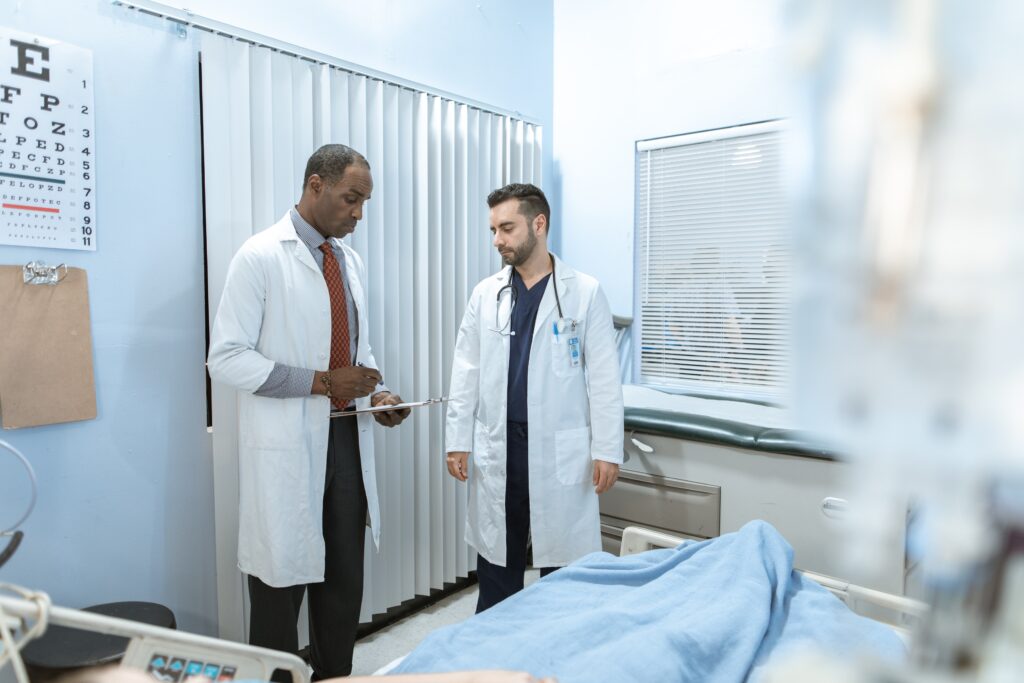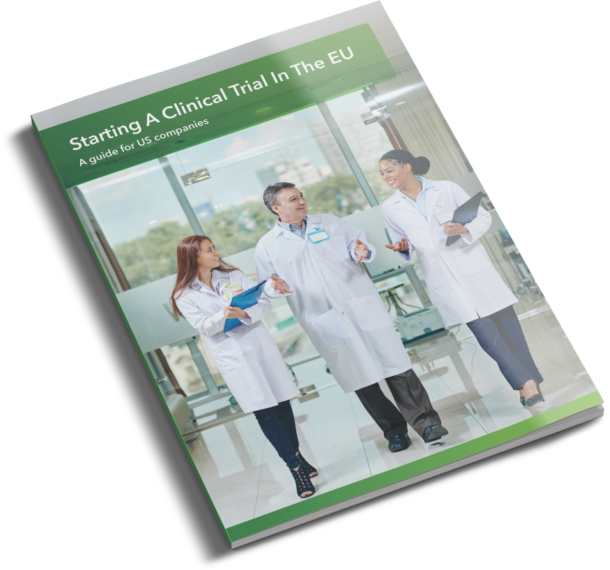Specialized therapeutic expertise is one of the strengths Siron Clinical brings to clinical trials. We have worked on 120 clinical trials over two decades, including pediatric, cardiovascular and orphan indication studies. Each therapeutic area brings its own challenges, and orphan indications cover a broad range of diseases and medications.
According to the European Medicines Agency (EMA), about 30 million people in the EU suffer from a rare disease. Medicines developed to treat these rare diseases are called ‘orphan’ medicines. In the US, the Orphan Drug Designation program defines orphan medicines as “those intended for the treatment, prevention or diagnosis of a rare disease or condition, which is one that affects less than 200,000 persons in the US or meets cost recovery provisions of the act.”
Since Siron Clinical was founded over 20 years ago, we have been involved in clinical studies with rare diseases. This therapeutic area by definition is varied, and no two rare diseases are the same. This provides challenges: is it possible to have a standardized approach to trials? What special requirements do patients have?
There are some standardized aspects to the trial process, regardless of the study area. Some of the general project management aspects we need to consider here include: the timelines of regulatory submissions, which differ depending on the region; training of the study team; and the implementation of risk assessments.
On the patient side, the special requirements we need to consider are often directly linked to the orphan indication. In general, we need to identify patients ahead of time and plan how we will work together, including logistics. Some orphan indications occur in children, adding an additional set of considerations. For example, parents or guardians need to give consent for minors. We need to look carefully at approaches to drawing blood and carrying out urine analysis, to ensure we’re working within ethical guidelines.

Our Specialized Therapeutic Expertise: Orphan Indications
Our experiences of overcoming implementation challenges for rare disease clinical trials have equipped us to tackle disease trial challenges across a range of indications. We have learned that when we’re well prepared and take all considerations into account, we have control of the project and can manage it successfully.
As a CRO, it is essential that we have expert CRAs available to promptly address any questions or provide support as needed. This can range from finding practical solutions for the sites to providing useful support for administrative questions.
Across all therapeutic areas, collaboration is the foundation of our success. We build strong collaborations with our clients, and this has resulted in many long-term partnerships spanning multiple international trials. Direct contact with sponsors is vital, particularly around patient eligibility questions. For US sponsors, this means that having an EU point of contact to address eligibility questions can be very helpful.
Our specific experience includes:
- Pulmonary Hypertension
- Chronic Thromboembolic Pulmonary Hypertension
- Enzyme replacement therapy
- Primary Biliary Cirrhosis
- Primary Sclerosing Cholangitis
- Familial Adenomatous Polyposis
- Alpha-1 Antitrypsin Deficiency
- Peanut allergy
Trialing the World’s First Oral Therapy for Peanut Allergy
One example of a successful orphan indication study was the PALFORZIA trial. PALFORZIA is an oral treatment for peanut allergy, which affects an estimated 1 in 50 children.
The treatment was developed by Aimmune Therapeutics, which, when our collaboration started, was a young, dynamic, growing organization. We took the opportunity to support them by getting studies and study centers up and running to find a treatment for this deadly allergy.
We collaborated with Aimmune Therapeutics on phase III clinical trials of PALFORZIA, which was then called AR101. They were complex trials, involving different geographic regions, entry criteria, dosing periods and primary efficacy endpoints. There were three projects:

- A phase III study in children and adults, called PALISADE (we provided regulatory support and clinical monitoring services)
- A phase III study in children, called ARTEMIS (we supported the regulatory submission process and were responsible for the clinical monitoring)
- An open-label long-term safety study, which is ongoing (we are responsible for clinical monitoring)
Requirements were stringent and the goal was FDA approval. The studies were successful, and the FDA approved PALFORZIA as the first and only oral immunotherapy for peanut allergy in patients aged 4 to 17 years old.
Contact us to find out how your trial could benefit from our specialized therapeutic expertise.




0 Comments